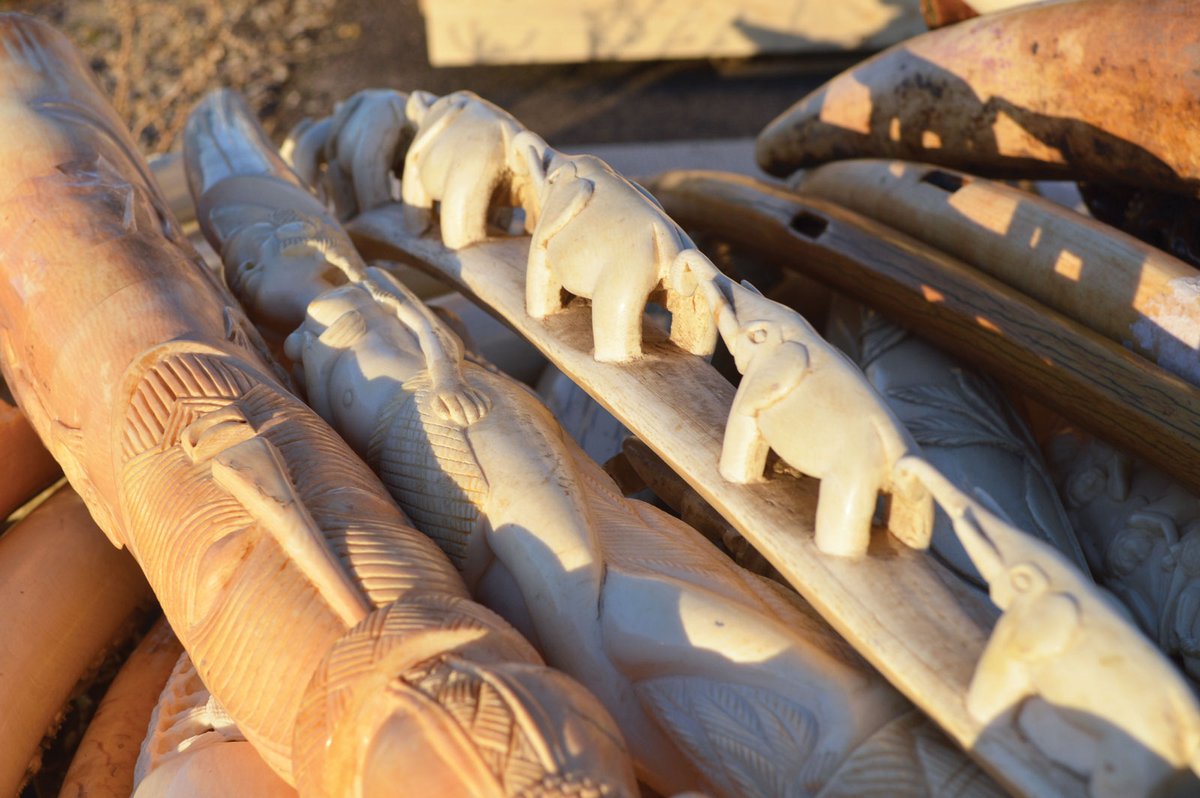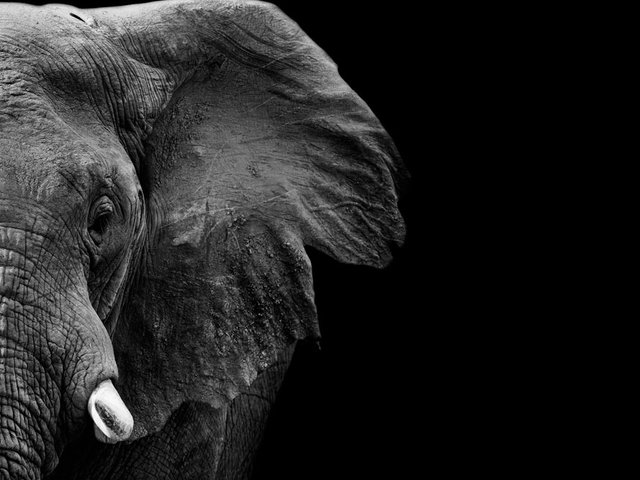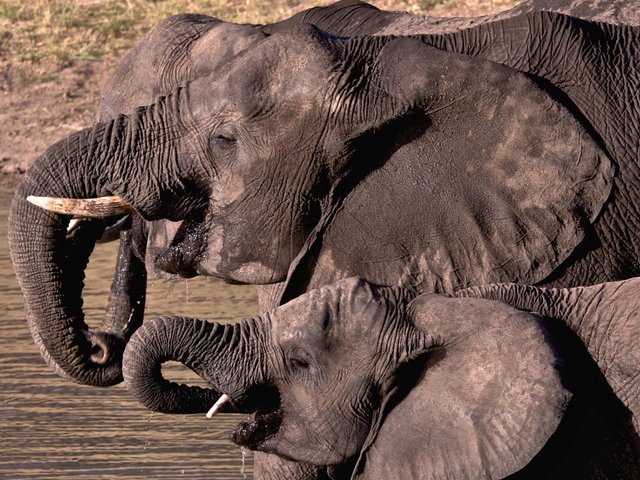The UK is to introduce a tough new ban on trade in items made from ivory, although there will be exemptions for some antique items. British-based dealers were anxiously awaiting the government’s announcement on 3 April, following a public consultation which elicited over 70,000 responses.
There will be five categories of exemptions:
• Items with an ivory content of less than 10% by volume made prior to 1947 (a date used in European Union regulations). This is known as the “de minimis” exemption.
• Musical instruments with an ivory content of less than 20% which were made prior to 1975 (when Asian elephants were listed under the Convention on International Trade in Endangered Species of Wild Fauna and Flora).
• Portrait miniatures made prior to 100 years before the new ban. Such items were mainly produced between the 17th and 19th centuries and are painted on thin slivers of ivory.
• Accredited museums will be allowed to buy, borrow or exchange ivory items. They will also be free to display “historic, artistic and cultural” items made with ivory.
• Antiques made of, or containing, ivory which are of “outstandingly high artistic, cultural or historical value”. These also need to be examples of “the rarest and most important item of their type”. A limited number of institutions, such as selected museums, will be empowered to advise on whether items should be exempted. These assessments should be made by specialists with “the greatest knowledge and professional experience”.
This last exemption raises questions about how the criteria will be interpreted—and also how busy museum curators will provide their expertise. A spokesman for the Department for Environment, Food & Rural Affairs, which is overseeing the ivory ban, says it is too early to give further details. The UK ban will require Parliamentary approval, and this will need time in the busy legislative programme.
There has been considerable concern about a tougher ivory ban in the antiques trade, but in the past few years it has become increasingly clear to dealers that new measures are inevitable. Anthony Browne, the chairman of the British Art Market Federation, says the government’s exemptions represent “a reasonable balance, in terms of preserving the market for objects made of ivory which are significant works of art”.
Internationally, the UK ban will be one of the strongest. The US has a federal 100-year rolling ban, which currently means that pre-1918 ivory items can be sold (along with a de minimis exemption and for musical instruments made more recently). Some American states have stricter regulations. Last October, the European Union launched a consultation on tougher restrictions on the ivory trade, but it has not yet put forward proposals.
• How will the UK's proposed ivory regulations affect the trade?
• Antique ivory not affected by China's complete trading ban





